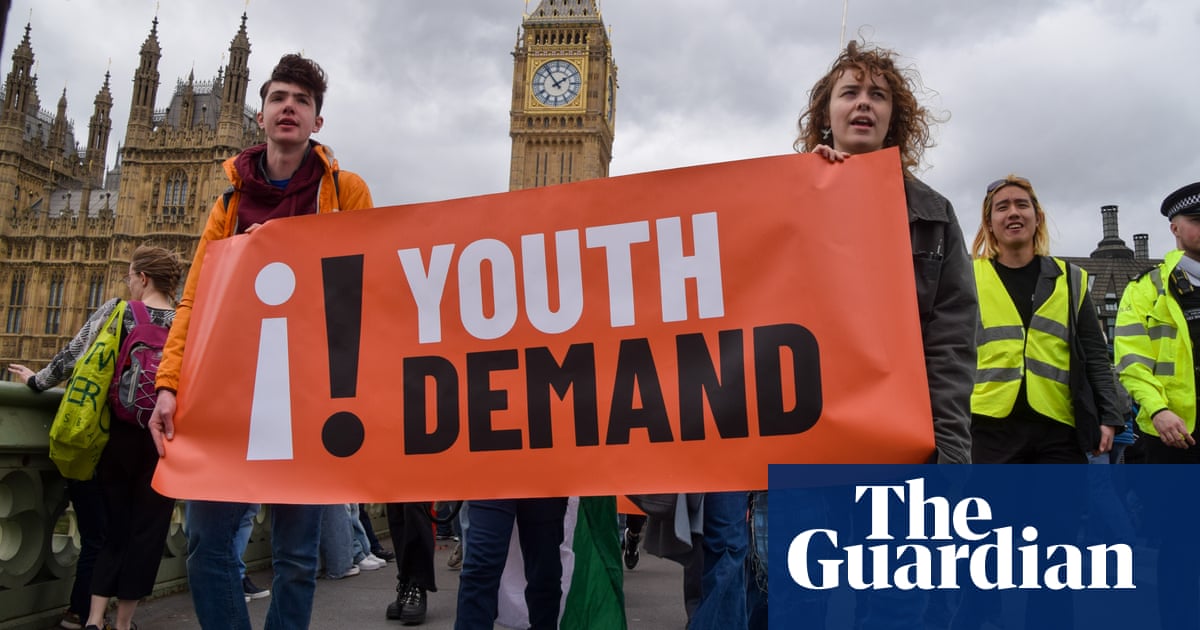
On Monday the chancellor, Rachel Reeves, announced a package of measures designed to close a £22bn hole in the public finances she said was “covered up” by the Conservative government.
Among them was a surprise removal of winter fuel payments for millions of pensioners and the abandoning of a long-delayed cap on what people pay for social care.
What are winter fuel payments?
Winter fuel payments are a state benefit for pensioners that are designed to help with their heating bills. They were introduced in 1997 by the last Labour government and have been available to everyone in the UK (and some countries beyond) who has reached state pension age.
Payments are worth between £100 and £300 – tax-free – with the basic rate paid automatically to anyone claiming the state pension. The higher sums are available to those who get other benefits, such as pension credit.
The payment is made annually each winter. In the winter of 2022-23 there were payments to 11.4 million pensioners in 8.4m households. That year and in the winter of 2023-24 there were extra cost of living payments made to the poorest pensioner households – for some this increased the payment to £600.
What is the chancellor doing?
Reeves has announced that the payment will no longer be universal in England and Wales, and that only pensioners on means-tested benefits will qualify for it this winter. This will take it away from about 10 million people. The payments are devolved, so Scotland and Northern Ireland will make their own rules.
Reeves said the government would continue to provide winter fuel payments worth £200 to households receiving pension credit or £300 to households in receipt of pension credit with someone over the age of 80.
One criticism of the previous system was that the money went to people who did not need it – at one stage it was being paid to expats in Spain, despite warmer temperatures, although that was scrapped 10 years ago. Some wealthy people have given theirs to charity each year, or opted to decline receiving them.
However, charities say the cuts go too far: Age UK said that 2 million people who need the payments will no longer get them. Almost half qualify for pension credit but do not claim it and about half have weekly incomes that are less than £50 a week above the poverty line – they do not qualify for extra benefits but do rely on the payments. Another group is made up of those who are unwell or live in badly insulated homes and need the heating on high.
Who will qualify this winter?
The payments will be targeted at households where there is someone who is over state pension age and receives one of the following benefits:
Pension credit
Universal credit
Income support
Income-based jobseeker’s allowance
Income-related employment and support allowance
The basic payment will be £200, and households with someone aged over 80 will get £300.
How do I make sure I get the payment?
The only way to get the winter fuel payment is by qualifying for one of the above, so check if you do. The website Entitledto.co.uk has a benefits calculator that will tell you if there is anything you should be claiming.
The key is likely to be pension credit – about 800,000 people are missing out on payments they are due.
What is pension credit?
Pension credit is for people on low incomes and already unlocks a whole number of other benefits, including cold weather payments (these are worth £25 for each seven-day period of very cold weather between the start of November and end of March).
The credit ensures that single people have an income of at least £218.15 a week, and that pensioner couples have at least £332. Those who have caring responsibilities or a disability may qualify for more.
How do I get pension credit?
If you are on a low income (less than the £218.15 a week it guarantees) then you should check if you qualify – the government has an online calculator or you can phone 0800 99 1234.
Reeves says the government will bring together the administration of pension credit and housing benefit “as soon as operationally possible” so that pensioners receiving the housing payment will get any pension credit they are entitled to.
What are the social care changes?
A package of reforms was supposed to put a cap on the sums paid by people in England for their social care – the support they need either at home or in a care home. The cap was to be set at £86,000. After that, local authorities would cover the costs.
People were also going to get more access to support through changes to the threshold at which they were eligible. Currently anyone with savings worth over £23,500 could not claim council support, but that was set to go up to £100,000.
The changes were due to be introduced in October 2025 but have been scrapped.












